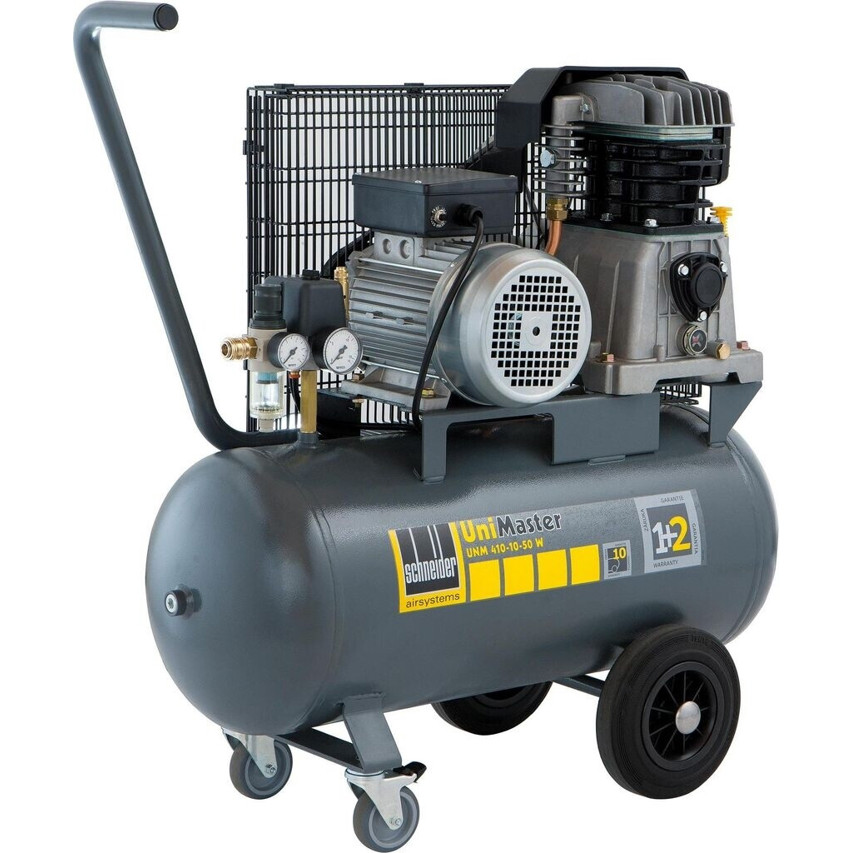5 Laws Everyone Working In Buy A Compressor For The Garage Should Be Aware Of

The Ultimate Guide to Buying a Compressor for Your Garage
A garage is not just an area for parking vehicles; it can be a multifunctional workspace for DIY enthusiasts and mechanics alike. Among the most versatile tools you can have in this space is an air compressor. Whether you're inflating tires, powering pneumatic tools, or painting, a compressor can make your jobs simpler and more efficient. But how do you understand which one to buy? This guide will cover whatever you need to think about when purchasing a compressor for your garage, in addition to a detailed comparison table of popular models, and answers to often asked questions.
Understanding Air Compressors
Before diving into the specifics of purchasing a compressor, it's important to understand some standard ideas:
- Pressure (PSI): Pounds per square inch; shows the amount of pressure the compressor can deliver.
- Cubic Feet Per Minute (CFM): Measures the volume of air the compressor can provide at a specific pressure.
- Tank Size: The volume of the tank measured in gallons. Akku Schlagschrauber Set Preis provides a buffer of compressed air, permitting longer tool use.
Selecting the correct combination of these elements depends upon your meant usage, so let's break down the choices.
Types of Compressors
1. Portable Compressors
These little, lightweight systems are best for home use and can easily be stored when not in usage. Perfect for pumping up tires or little air tools, portable compressors generally range in tank size from 1-6 gallons.
2. Stationary Compressors
Larger and more effective, these compressors are frequently utilized in professional settings but can also be useful in a garage for heavy-duty jobs. Tank sizes can surpass 30 gallons and are typically efficient in offering high CFM scores.
3. Oil-Free vs. Oil-Lubricated
- Oil-Free: Requires less maintenance and is perfect for tasks like inflating tires where high output isn't essential.
- Oil-Lubricated: Tends to be more long lasting and efficient in managing more demanding tasks, but does need regular upkeep.
Key Features to Consider
When purchasing a compressor for your garage, consider the following functions:
| Feature | Description | Importance |
|---|---|---|
| PSI Rating | Search for a compressor with adequate PSI for your tools; 90-120 PSI is typical for lots of tools. | Ensures compatibility with your air tools. |
| CFM Rating | Always examine the CFM of the compressor against your tool's requirements. | Crucial for tool performance and efficiency. |
| Tank Size | Larger tanks can supply more air for longer durations. | Minimizes downtime when utilizing air tools. |
| Power Source | Compressors can be electrical or gas-powered. | Gas compressors are portable however can be loud; electric is quieter but connected to a source of power. |
| Noise Level | Try to find compressors with lower decibel rankings if sound is an issue. | Essential for convenience in a residential area. |
| Mobility | Weight and wheel style can substantially impact how easy it is to move. | A portable compressor can be a substantial convenience. |
Popular Compressors: A Quick Comparison Table
Here's a comparison of some popular designs for home garage usage:
| Model | PSI | CFM | Tank Size (Gallons) | Type | Price Range | Perfect Use |
|---|---|---|---|---|---|---|
| Porter-Cable C2002 | 150 | 2.6 | 6 | Portable | ₤ 150-₤ 200 | DIY & & light tasks |
| California Air Tools 8010 | 120 | 3.10 | 8 | Portable | ₤ 200-₤ 300 | Inflating tires, painting |
| DEWALT DWFP55126 | 165 | 2.6 | 6 | Portable | ₤ 150-₤ 250 | Nailers, little tools |
| Industrial Air ILA1883054 | 135 | 6.4 | 30 | Stationary | ₤ 500-₤ 700 | Heavy-duty tasks |
| Bostitch BTFP02012 | 90 | 2.6 | 6 | Portable | ₤ 150-₤ 250 | DIY, light work |
Regularly Asked Questions (FAQ)
1. What size compressor do I require for tire inflation?
Normally, a 1-6 gallon portable compressor with a PSI score of at least 90 must suffice for pumping up automobile tires.
2. Is it much better to have an oil-free or oil-lubricated compressor?
If you choose low maintenance, an oil-free compressor is the way to go. For extended durability and heavy work, consider an oil-lubricated model.
3. Can I use a compressor inside your home?
Yes, however make sure proper ventilation and consider noise levels. Electric compressors are normally quieter and cleaner than gas-powered designs.
4. How do I preserve my compressor?
Frequently inspect for leaks, keep the air filter tidy, and carry out oil changes on oil-lubricated designs.
5. What tools can I run with an air compressor?
Common tools include nail guns, spray guns, air ratchets, impact wrenches, and sanders. Always check the CFM requirements against your compressor.
Investing in a compressor for your garage can significantly improve your DIY jobs and upkeep jobs. With numerous types and features readily available, it's necessary to examine your particular needs-- whether that's powering air tools, inflating tires, or simply having a trusted source of air. By understanding the critical specs and comparing popular designs, you'll be fully equipped to make an informed purchasing decision that serves your garage well for several years to come.

